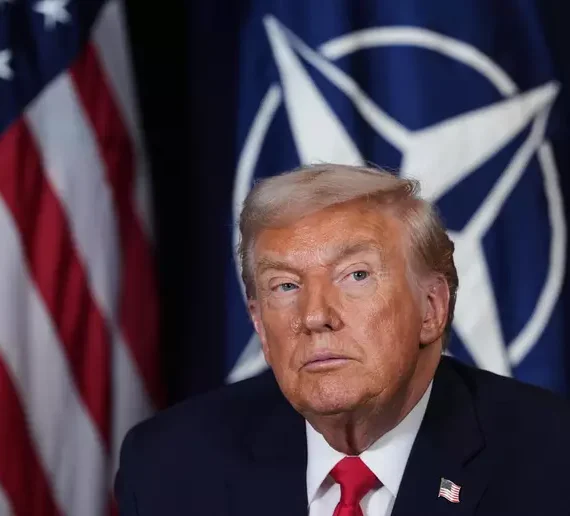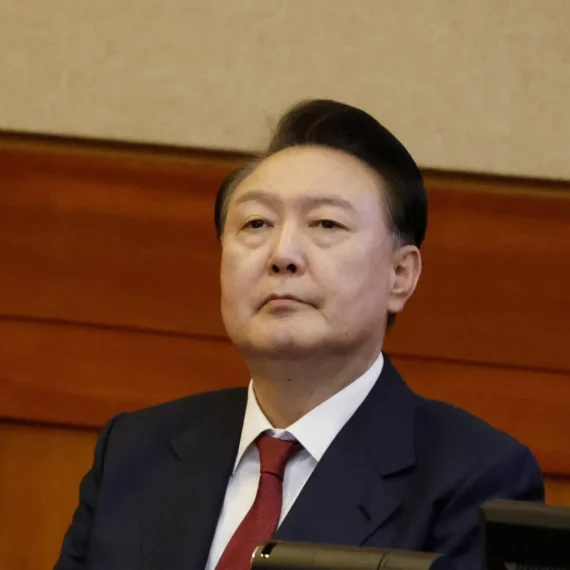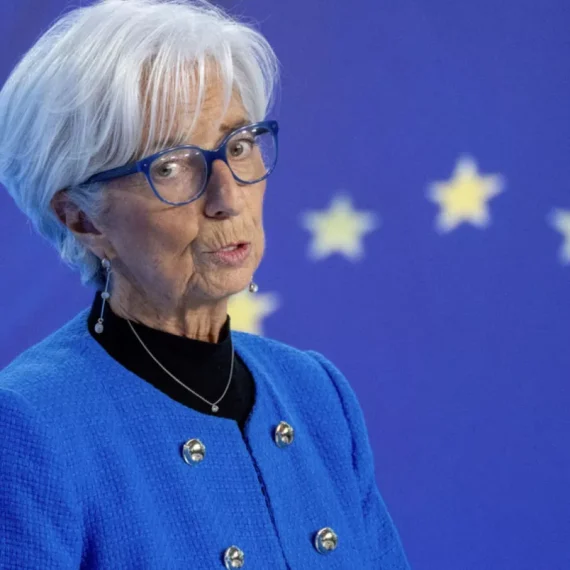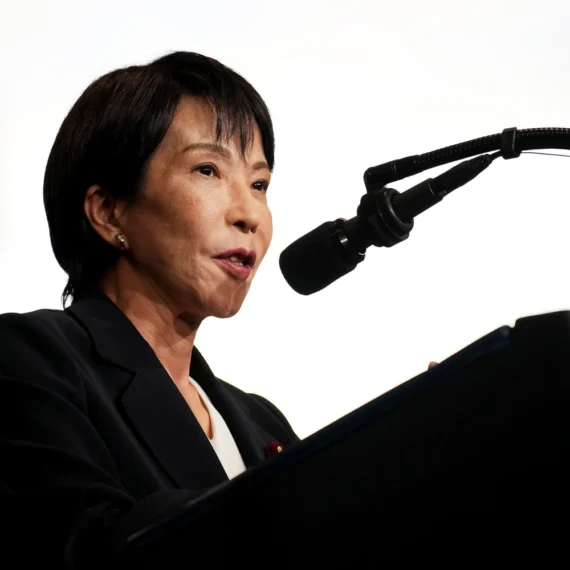Nvidia, a microchip manufacturer, announced that it will incur $5.5 billion (£4.2 billion) in expenses as a result of the US government’s tighter export regulations to China. In order to sell its H20 AI chip, which has been one of its most popular models, to China, the chip manufacturing behemoth at the center of the artificial intelligence (AI) revolution will need licenses.
The regulations follow a growing trade war between the United States and China, in which both nations have imposed high trade duties on various items. After-hours trading saw a nearly 6% decline in Nvidia’s stock.
The US government informed Nvidia last week that a permission was needed to sell the H20 chip to China, including Hong Kong, the company said on Tuesday. Federal officials informed the internet giant that the license requirement “will be in effect for the indefinite future,” according to the company.
Nvidia stated that the licensing requirement, according to the [government], tackles the possibility that the covered devices may be transferred to or utilized in a supercomputer in China. When the BBC approached the firm, it declined to speak further. According to Marc Einstein of the Counterpoint Research consultancy, Nvidia’s anticipated damage of $5.5 billion was consistent with his own projections.
Also Read:
Key Trends Developing in Global Equity Markets
The ECB identifies Trade Tariffs and the Competitiveness Gap as Growth Threat













